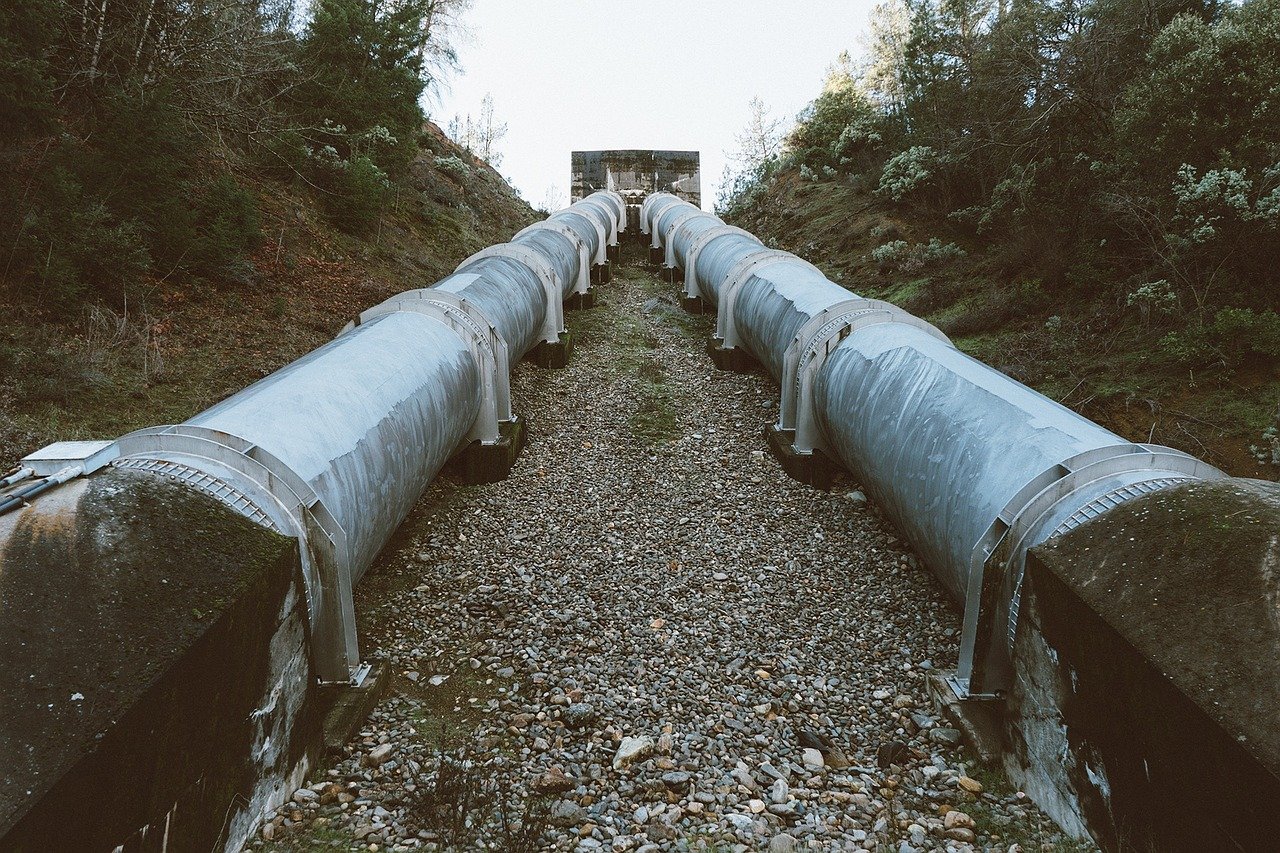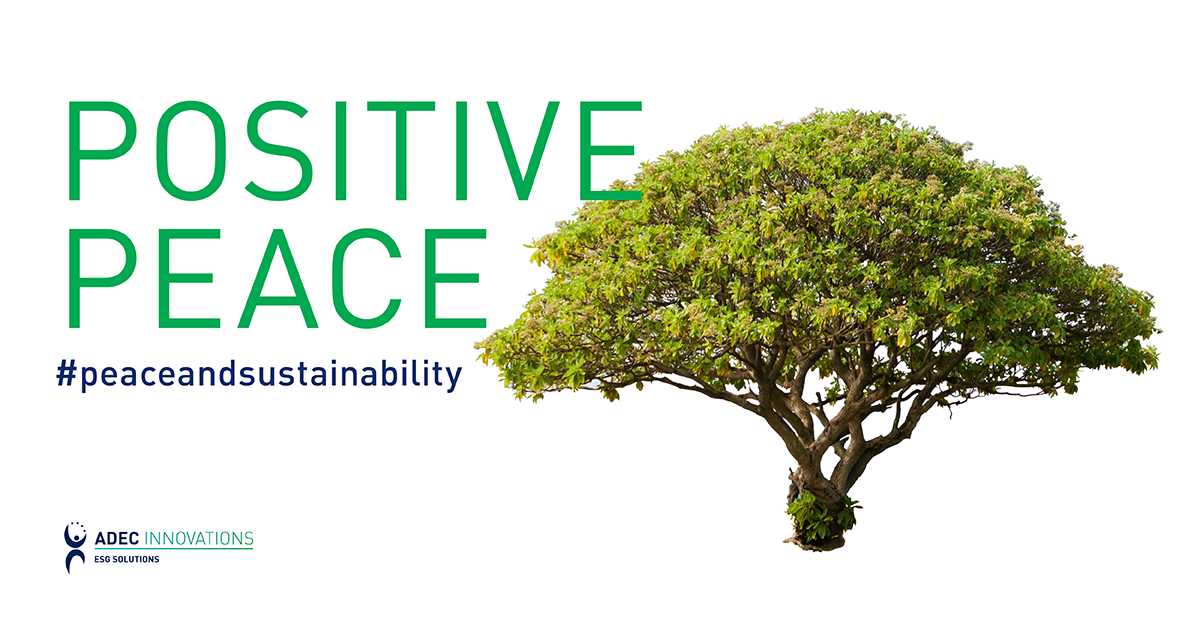Green Investments and Sustainable Development in Indonesia
Indonesia still has a long way to go towards achieving development. Although its gross national income (GNI) rose from USD 10,690 in 2015 to USD 11,220 in 2016, an estimated 93 million Indonesians continue to subsist on USD 3.10 a day (the World Bank's moderate poverty line). Poverty in Indonesia is compounded by other issues like environmental degradation. Unsustainable agricultural methods such as deforestation lead to resource depletion, further perpetuating poverty in the country.

By Ben Wilde
October 10, 2017
 Indonesia still has a long way to go towards achieving development. Although its gross national income (GNI) rose from USD 10,690 in 2015 to USD 11,220 in 2016, an estimated 93 million Indonesians continue to subsist on USD 3.10 a day (the World Bank's moderate poverty line). Poverty in Indonesia is compounded by other issues like environmental degradation. Unsustainable agricultural methods such as deforestation lead to resource depletion, further perpetuating poverty in the country.
Indonesia still has a long way to go towards achieving development. Although its gross national income (GNI) rose from USD 10,690 in 2015 to USD 11,220 in 2016, an estimated 93 million Indonesians continue to subsist on USD 3.10 a day (the World Bank's moderate poverty line). Poverty in Indonesia is compounded by other issues like environmental degradation. Unsustainable agricultural methods such as deforestation lead to resource depletion, further perpetuating poverty in the country.
The Indonesian government has responded to these problems with green investments. It partnered with key organizations with the goal of tapping private funding for green projects like renewable energy production and reforestation. If looked upon closely, green projects are two-pronged strategies for sustainable development. Green projects help save the environment and stimulate livelihoods for poor Indonesians.
Green Prosperity Project
The Green Prosperity Project is a project of the Indonesian government and the Millennium Challenge Corporation (MCC). This project, worth USD 308.35 million, aims to alleviate poverty in Indonesia and boost the country’s agricultural capacity through better use and management of natural resources. The project also aspires to lower Indonesia’s fossil fuel dependence and greenhouse gas emissions by increasing the nation’s use of renewable energy. To achieve these objectives, the Green Prosperity Project will support sustainable development projects at Indonesia's district level.
One of the Green Prosperity Project’s recent accomplishments is a sustainable cocoa agreement between MCC and private cocoa businesses. This agreement, which was signed March 31, 2015, invested about USD 15 million in Indonesia’s cocoa sector. The agreement likewise funded the training of at least 58,000 farmers from 14 districts in sustainable cocoa production.
Furthermore, the agreement collaborates with Indonesia’s local and national governments, the Cocoa Sustainability Partnership (CSP) and cocoa regional forums to facilitate information sharing in the country’s cocoa sector. As a result, the agreement helps Indonesian cocoa farmers earn a livelihood without damaging the environment.
Asian Development Bank
In 2014, the Asian Development Bank (ADB) invested USD 350 million in the building of the Sarulla Geothermal Power Development Project. The 320-megawatt power plant, located in North Sumatra, Indonesia, is expected to be fully built in 2018. Once completed, it is projected to reduce Indonesia’s carbon dioxide emissions by 1.3 million tons per year. The geothermal power plant project will be carried out under “a 30-year energy sales contract with Perusahaan Listrik Negara, Indonesia’s national electricity utility company, a 30-year joint operating contract with Pertamina Geothermal Energy, and a 20-year guarantee from Indonesia’s Ministry of Finance.”
Tropical Landscapes Financing Facility
The Tropical Landscapes Financing Facility (TLFF) is a loan and grant fund of the UN Environment Programme (UNEP), BNP Paribas, ADM Capital and the Indonesian government. It provides small farmers and other land users access to long-term and low-interest financing for sustainability projects in Indonesia’s rural areas. By doing so, the TLFF expects to spur investments in renewable energy generation and the restoration of forests and degraded lands. These investments have a two-pronged effect on Indonesia—provide jobs for its rural poor and help meet its climate targets under the Paris Agreement.
Green Investments: Alleviating Poverty in Indonesia through Sustainable Development
Indonesia’s green investments are proof that sustainable development can lift societies, if not entire countries, out of poverty. Green investments such as renewable energy facilities can spur new, long-term jobs. They also lead to resource conservation and better employee health and productivity. These outcomes, in turn, protect businesses and help them thrive.
ADEC Innovations is a leading provider of ESG solutions, with expertise in delivering fully-integrated consulting, software and data management services. To stay current on global sustainability issues, subscribe to our monthly newsletter, GreenWatch.
Related Articles
Sustainable Development, Green, Investments
By Sharolyn Vettese on July 17, 2018
Environmental Issues | Sustainability | Environmental | Investments | Sustainability Reporting
By Jessica Wang on January 2, 2018
Energy | Sustainable Development | ICT
By Matthew McLaughlin on September 26, 2017
Sustainable Development | conflict | peace
Be a sustainability leader.
Our team supports you no matter where you are on your Sustainability Journey. Talk to us today to learn more.




